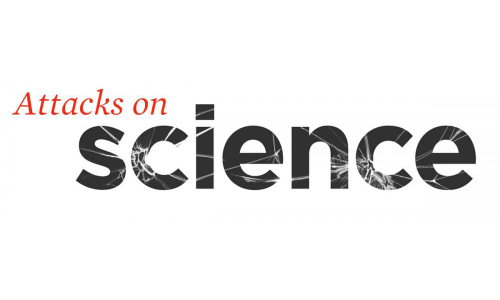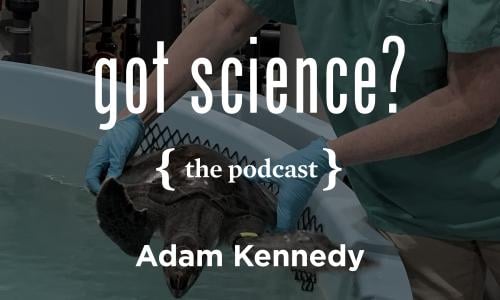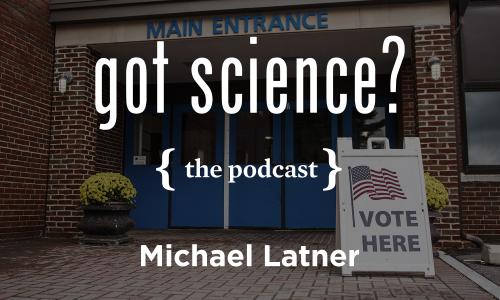To do its job, the US government needs science. The White House, federal agencies, and Congress rely on scientific information and advice every day to help shape policy decisions that affect everyone’s well-being.
Though little known to the public, science advisory committees play a key role in meeting this need. Over 200 such committees exist throughout the federal government. Their members, who often serve without pay or for modest stipends, are drawn from academia, state and local governments, industry, and the nonprofit sector. Under the terms of the 1972 Federal Advisory Committee Act (FACA), they are governed by official charters, renewed every two years, which dictate their missions, procedures, and meeting frequency.
Why advisory committees matter
Policymakers often face situations—from epidemics to natural disasters and national security threats—in which effective use of scientific information can have huge impacts on public health and safety. To meet these challenges, they need the advice of independent scientists who can provide objective expertise.
There are many examples of science advice helping drive government decisions that have saved lives, improved our health, and protected our environment. Here are just a few:
- Analysis of the research on the neurological effects of lead on children led to policies phasing out the use of lead in paint and gasoline in the 1970s.
- Reviews of the body of evidence on air pollution help inform ozone, particulate matter, sulfur, and nitrogen standards that keep our air safe to breathe.
- Evaluations of the health impacts of chemicals and metals has dramatically improved the quality of our air, water, and soil.
- Reviews of science on the safety of certain drugs have helped lead to stronger labeling to prevent dangerous side effects.
It’s important to understand that science advisory committees don’t make policy; their job is to explain what the science says about the likely consequences of policy choices. It’s then up to policymakers (within the boundaries set by the law) to use that advice in making decisions. And because the deliberations and recommendations of advisory committees are transparent to the public, we can hold our leaders accountable for using science advice wisely—or not.
How science advice is sidelined
Independent science advice clearly benefits the public, but unfortunately, these benefits have not always been enough to protect advisory committees from political interference and neglect. This is not a new phenomenon: in past decades, UCS documented abuses involving scientific advisory committees serving the Food and Drug Administration (FDA), Centers for Disease Control and Prevention, and National Nuclear Security Administration, among others.
But as a January 2018 UCS report shows, the Trump administration in its first year showed an unprecedented pattern of sidelining science advice. This sidelining has taken many forms: Meetings have been postponed, cancelled, or shortened. Experienced experts have been dismissed. Rules governing committee membership have been changed to facilitate stacking committees with industry-affiliated scientists, crowding out independent experts. In some cases, committees have been disbanded entirely, or put in limbo pending “re-evaluation.”
This neglect has affected committees serving multiple agencies, including the Departments of Energy, Interior, and Labor, as well as the FDA. But the most egregious example has been the Environmental Protection Agency (EPA), where Administrator Scott Pruitt has repeatedly acted to reduce the independence and effectiveness of the advisory committees serving his agency. Perhaps most notoriously, Pruitt barred scientists who have received EPA grants from serving on EPA advisory committees—a move that makes no sense and disqualifies a large number of independent experts.
Solutions
- Current and former science advisors should speak out when they perceive that federal agencies and others in the government are sidelining important scientific work and findings. You can report potential improper activities confidentially to the UCS Science Protection Project here.
- The Government Accountabliity Office (GAO) should assess whether federal agencies are carrying out the Federal Advisory Committee Act appropriately.
- Congress should hold hearings on the status of science advisory committees throughout the government, with the goal of ensuring that they serve the national and public interest by functioning as directed by law.
Learn more
Experts from the Center for Science and Democracy have written about the importance of science advisory committees and the need to defend them on the UCS blog, The Equation:




